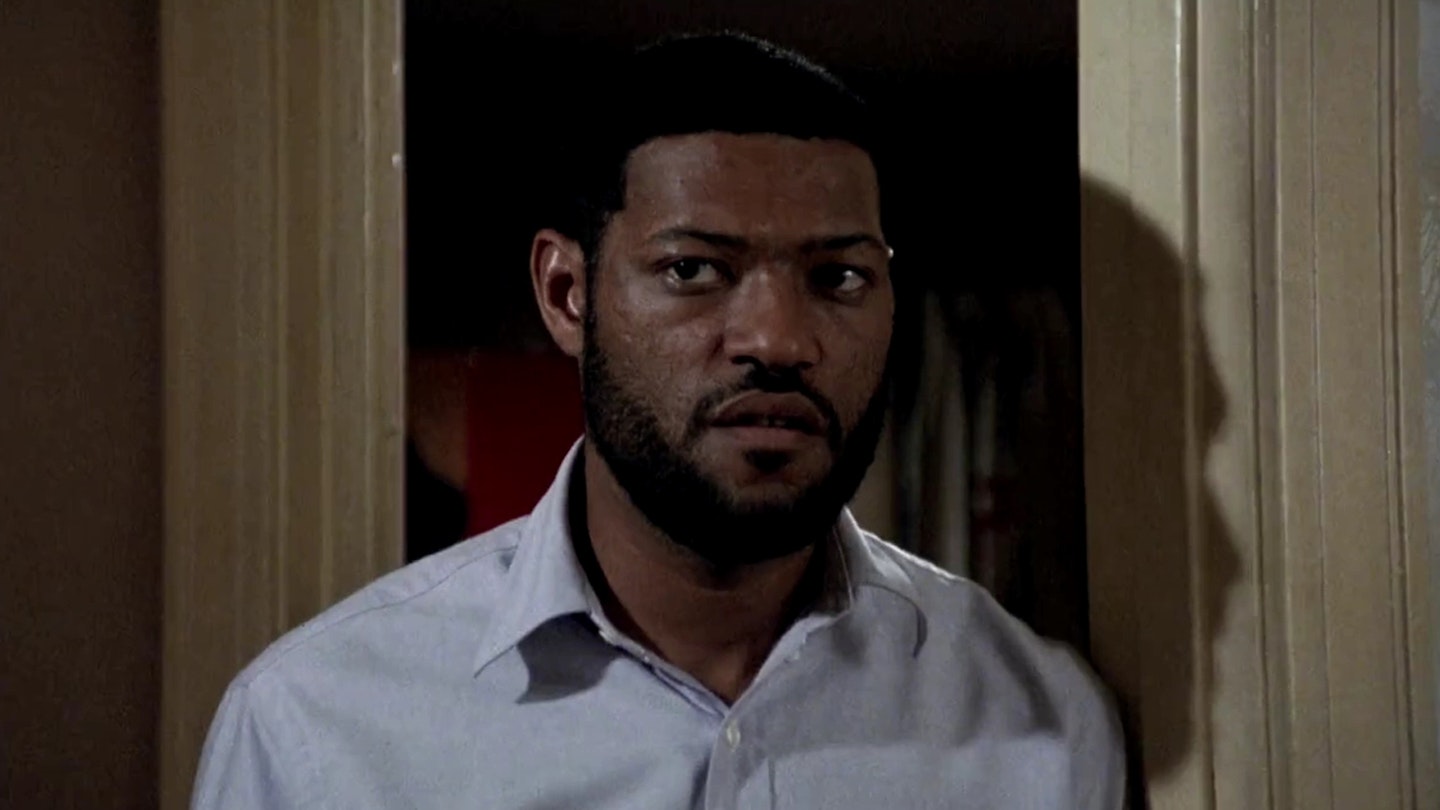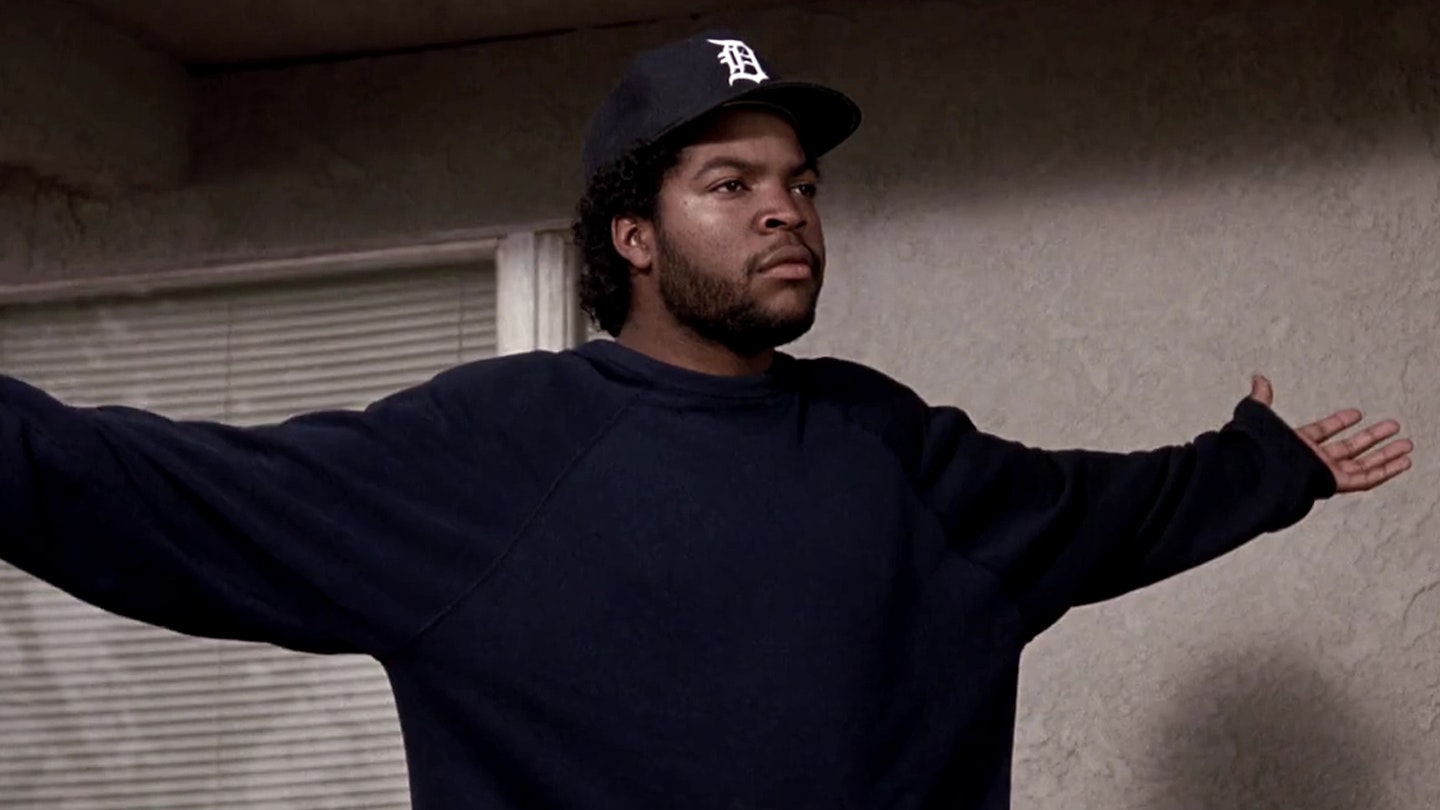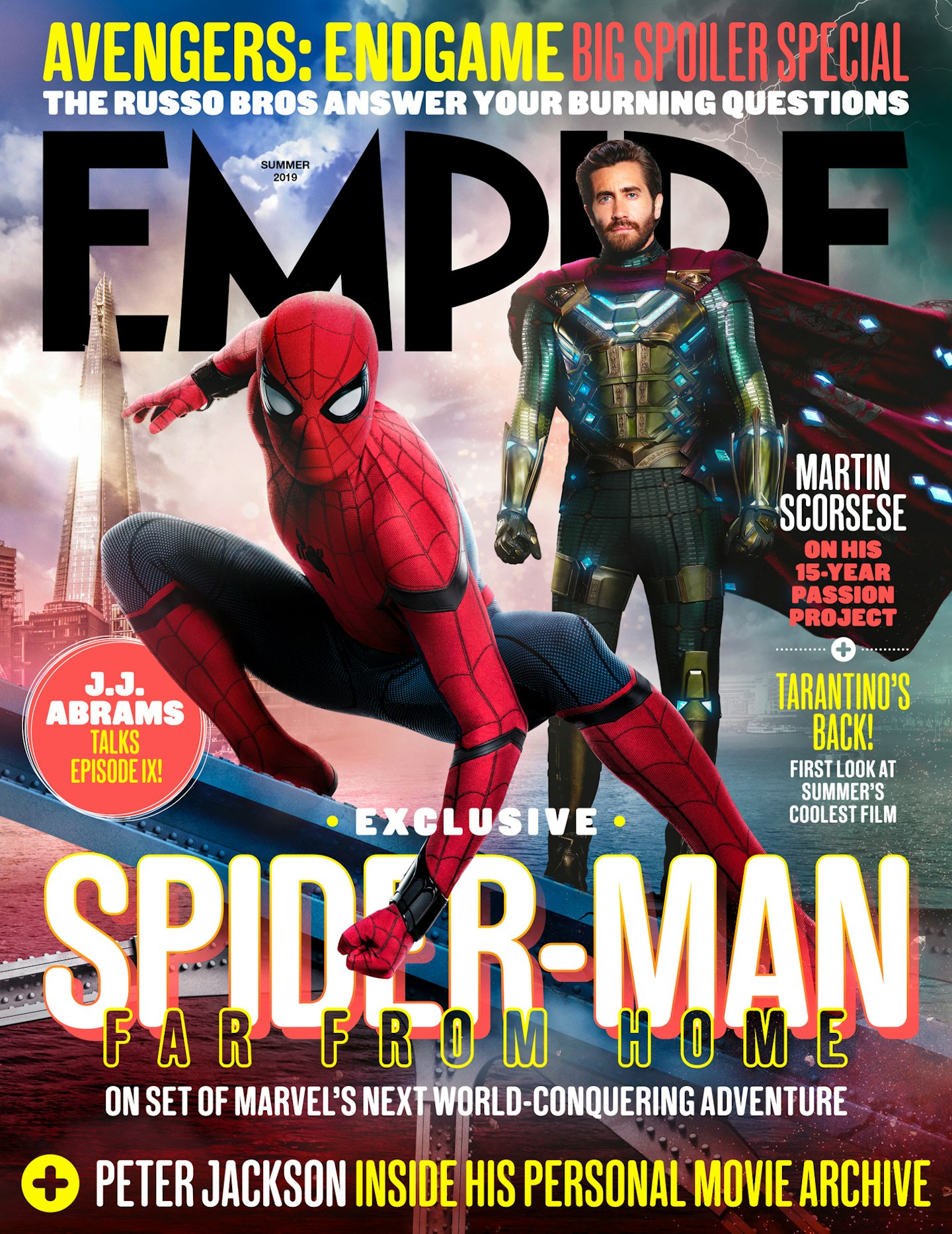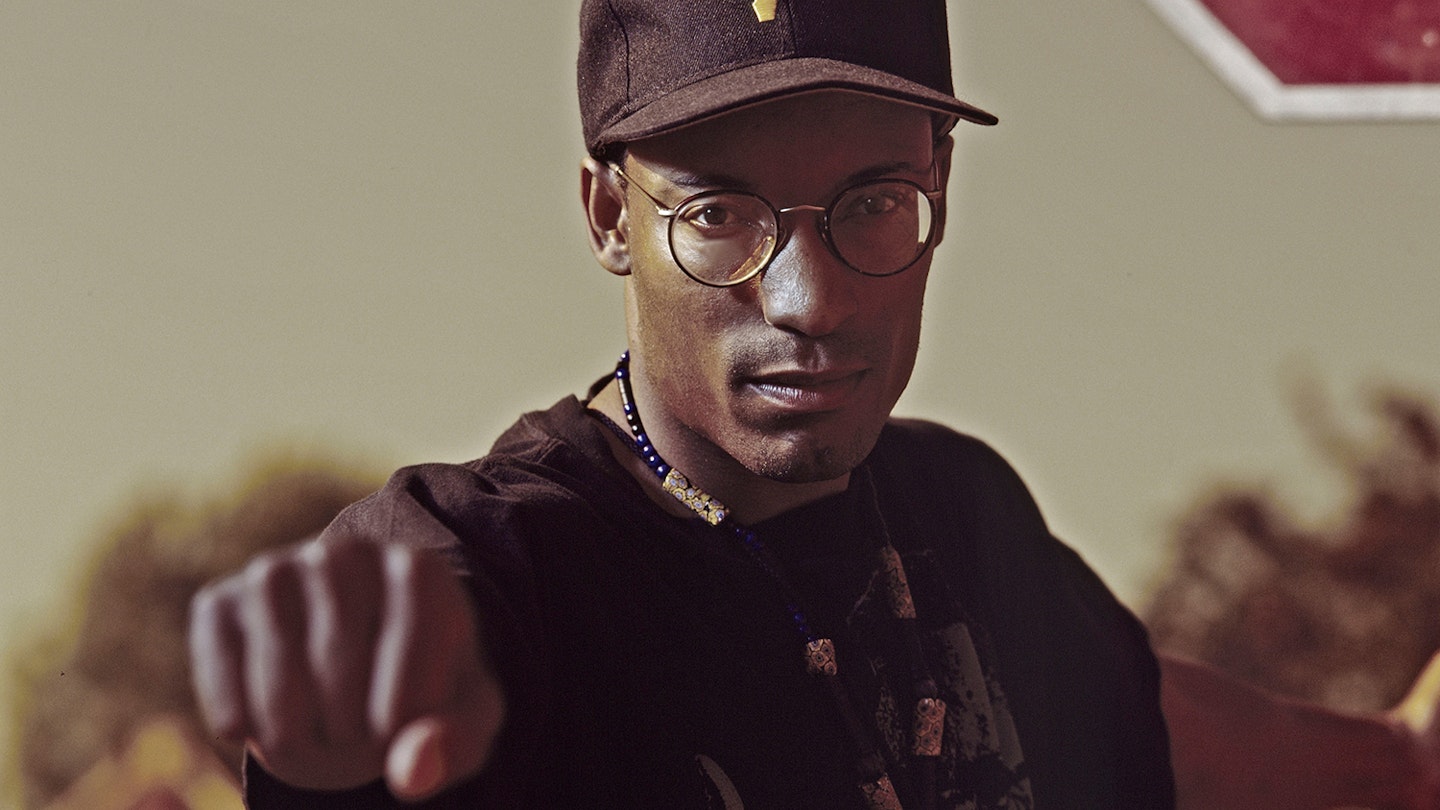In Empire's summer 2019 issue, David Lammy, Member of Parliament for Tottenham, shares a personal remembrance of director John Singleton, who died in April.
Rick, it’s the ’90s. Can’t afford to be afraid of our own people anymore, man. I was 19 years old when I watched John Singleton’s Boyz N The Hood. Laurence Fishburne played one of the most iconic characters in black cinema, Furious Styles. A father in South Central Los Angeles who was all too familiar with the destructive effect of crime on young boys’ lives, Styles instilled values of compassion and respect in his son in order to raise a responsible young man. For those (like me) who had grown up without a father for most of their childhood, John Singleton raised an entire generation.
John Singleton was only four years older than me, but had already become the first African-American filmmaker (and the youngest person ever) to be nominated for Best Director at the Oscars. At that time, Spike Lee was producing sensational, political, unapologetic arthouse films, unashamedly directed at an African-American audience.

Boyz N The Hood was accessible in a way that other films about the black experience weren’t. Usually, films of this nature were acclaimed for going against the grain, as a refreshing alternative to the mainstream. Singleton managed to offer a hugely popular piece that broke into the mainstream without conforming to its predictably suffocating demands. As Ice Cube’s ‘How To Survive In South Central’ played over the closing credits, it was obvious that Singleton knew how to reach a mass audience.
Singleton was creating a seminal Black Lives Matter moment.
The film was ground-breaking. Singleton was able to disseminate an unpopular but incredibly important message — that black communities were imprisoned by subtle yet pervasively oppressive networks. I can still feel my eyes widening as Tre (played by Cuba Gooding Jr) gets ambushed and slammed up against a wall by a black policeman. Tears rolled down my cheek as I swallowed the reality of a society in which black people cannot trust themselves. Why is it that there is a gun shop on almost every corner in this community? I’ll tell you why. For the same reason that there is a liquor store on almost every corner in the black community. Why? They want us to kill ourselves. Although Furious Styles was talking, it was Singleton who was speaking. He was creating a seminal Black Lives Matter moment. I gave up trying to hide my anguish as I realised that everyone else was just as affected as me. Testament to the emancipatory potential of Singleton’s movies was the offended outcry. Some cinema chains removed the film from their schedules due to claims that it had sparked violence across the US. Yet this simply strengthened the message he was trying to spread: black communities are blamed for the very problems they are trying to expose.

Singleton challenged this distorted narrative. When he revived Shaft in 2000, he coloured a classic blaxploitation picture with hues of emancipation. Samuel L. Jackson played a cool, badass, 1970s icon, robustly resisting the dominant imagery of black people getting shot or stabbed. By the time Singleton directed 2 Fast 2 Furious, he had safely earned himself a place at the forefront, not just of black culture, but of popular culture. In fact, he had taken his seat well before the 2000s, directing Michael Jackson’s ‘Remember The Time’ in 1991. A different Jackson, Janet, starred alongside Tupac in 1993’s Poetic Justice. Tupac gave a staggeringly bittersweet performance that only Singleton could have extracted.
Then with Baby Boy in 2001, Singleton came full circle to the same powerful motif that had kick-started his career, providing an exhibition into masculinity and social exclusion. There were films about race, fatherhood and crime before Singleton and there will be films after him. But Singleton told them through the eyes of those to whom the narrative belonged. He let us tell our own story. In doing so, John Singleton touched a nerve that still trembles inside me today. I only wish he was still around to listen to the reverberation.

Empire's summer 2019 issue is on sale now. Order a copy online here{
